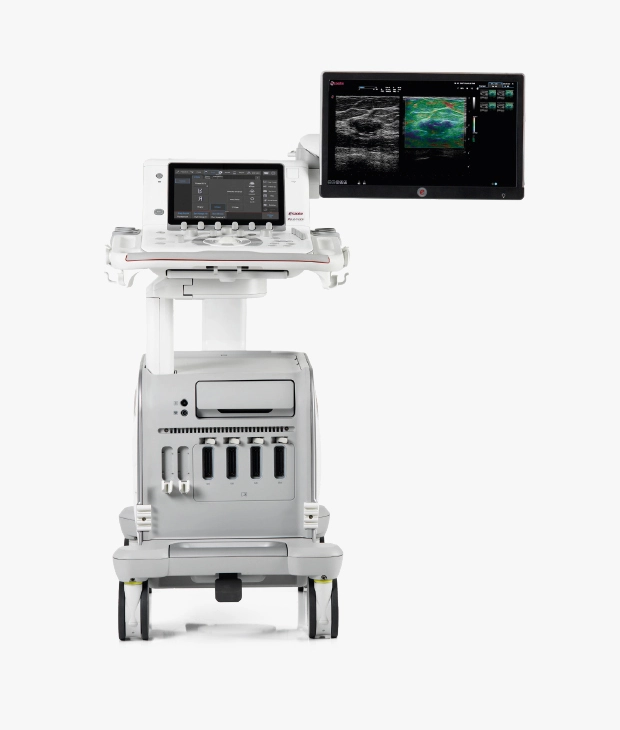Esaote Launches AI Cardiac Ultrasound System at ESC 2025

Introduction
Esaote Group has announced the debut of its MyLab™ C30 cardio, an AI-powered portable cardiac ultrasound system, at the European Society of Cardiology Congress on August 29, 2025[2]. This breakthrough technology promises to transform emergency care and routine diagnosis by reducing scan times and enhancing clinical confidence for both expert and novice practitioners.
Why This Matters
Cardiac ultrasound is central to diagnosing heart conditions, but traditional machines require specialized training and lengthy procedures. By integrating AI-driven guidance and automatic view classification, Esaote's latest system enables clinicians—including those with limited ultrasound experience—to conduct accurate scans efficiently. This innovation is set to improve outcomes in time-critical settings, such as ERs and ambulances, and expands the accessibility of advanced cardiac imaging.
Key Features and Impact
- Largest-in-class touchscreen: Enhances ease-of-use and workflow in chaotic or crowded environments[2].
- AI HeartScan Assistant: Provides real-time guidance for view selection, image optimization, and quality assurance—helping clinicians capture diagnostic-grade images regardless of skill level.
- Reduced exam time: AI automation significantly shortens each scan, streamlining patient throughput and elevating care standards.
- Broad accessibility: Designed for use in emergency rooms, clinics, and mobile health units, making sophisticated cardiac diagnostics available beyond specialized hospitals.
Industry Comparison and Future Implications
While the market for AI-powered imaging is expanding, Esaote’s integration of intelligent real-time support for cardiac ultrasound sets a new standard. Competing platforms, including Siemens and GE Healthcare, have begun adopting AI features, but Esaote’s unique focus on mobile, accessible diagnostics may enable wider adoption—especially in remote and resource-limited environments[2][5]. Experts believe this technology will accelerate telemedicine, support training for less-experienced clinicians, and ultimately improve global cardiovascular outcomes.
Conclusion
AI-driven tools like the MyLab™ C30 cardio are reshaping how medical professionals approach complex diagnoses, paving the way for streamlined, equitable, and higher-quality cardiac care. With regulatory approval pending and strong interest from clinical leaders, this launch is among 2025’s most significant steps toward the future of AI-enabled medicine[2].
How Communities View Esaote's AI Cardiac Ultrasound
Esaote's ESC 2025 launch is generating lively debate across social platforms:
-
Enthusiastic Adoption (40%): Clinicians and medtech fans on X (e.g., @MedUltrasound, @AI4Health) praise the system's accessibility and speed, sharing video demos and tagging #AIinMedicine and #CardiologyRevolution.
-
Skeptical Analysis (25%): r/medicalAI and some radiologists question its reliability compared to expert-led scans, calling for robust real-world validation and peer-reviewed results.
-
Tech Industry Excitement (20%): Startups and investors note its market potential for mobile health and telemedicine, with comments from @MedTechInvestor and r/HealthTechNews.
-
Workflow Concerns (15%): Hospital IT managers express worries about integration, device cost, and data security, flagged in discussions at r/healthcareIT.
Notable experts such as Dr. Anne Breuer have joined the conversation, highlighting how AI might democratize advanced cardiac care globally. Overall sentiment: positive but cautious, with high interest in clinical impact and deployment.